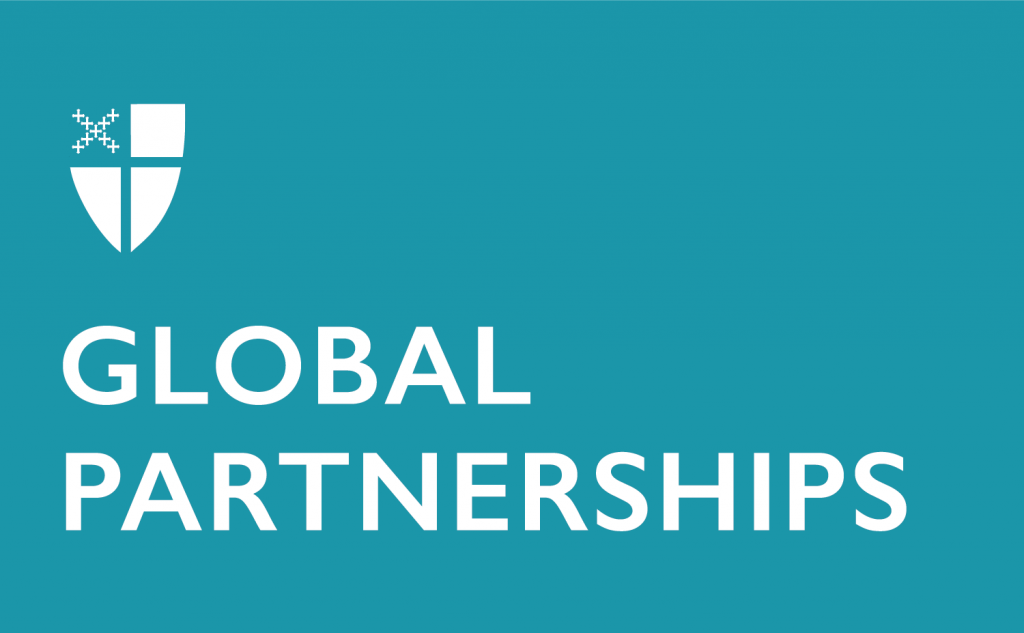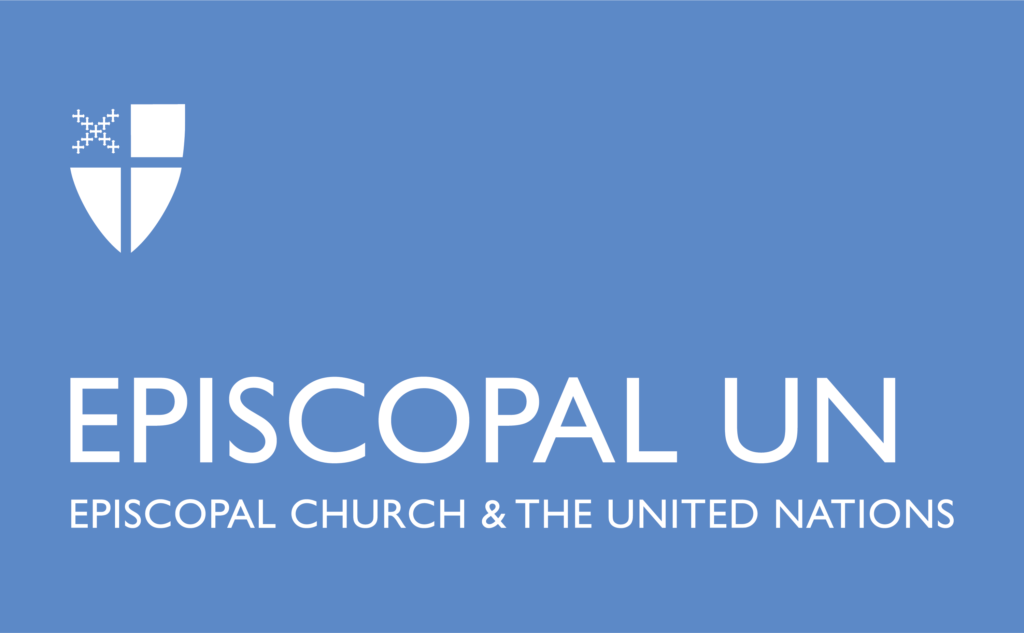Generation Equality for All
By: Tatiana Perea Hoecker, Diocese of West Texas (Province VII)

After attending UNCSW 65 as a delegate representing the Presiding Bishop and The Episcopal Church, I was invited to attend the Generation Equality Forum. The Forum created an intergenerational dialogue to continue talking about the priority theme of UNCSW 65 and raise the voices of young people in this conversation. As a young woman myself, I know how important young people’s voices need to be brought to the decision-making table.
The idea of the Generation Equality Forum began as a follow up to the Beijing Declaration and Platform for Action and to reinvigorate member states and civil society to recommit to gender equality. Originally the Forum was planned to take place in 2020 and be hosted in person by Mexico and France. However, just like most things, the organizers pivoted and held the Forum virtually in 2021. The event is being split into two sections. The first in Mexico City which took place at the end of March and the second in Paris taking place in June.
The goal of the Mexico City portion was to lay the foundation for the goals needing to be accomplished for gender equality and write out blueprints for each Action Coalition. The six Coalitions focus on topics that are critical to reaching gender equality: gender-based violence, economic justice and rights, bodily autonomy and sexual and reproductive health and rights, feminist action for climate justice, technology and innovation for gender equality, and feminist movements and leadership.
This summer before the Paris portion of the Forum, Commitment Makers (members of the Action Coalitions) will meet to find funding, resources, and stakeholders who will take the blueprints and turn them into realities. The hope is to fulfill the actionable goals in the blueprints by 2026.
While the Generation Equality Forum was planned before the pandemic occurred, I think the Forum was made stronger by the pandemic. At UNCSW 65 we heard countless times terrible statistics describing how the pandemic has disproportionately affected women as compared to men. We often heard the phrase “COVID-19 is a pandemic with a woman’s face.” Because of the pandemic, people are more willing to give their time and resources to fighting for gender equality. They are coming up with new and inventive ways to solve problems made worse by the pandemic. The pandemic has illuminated areas of the fight for gender equality that had been previously overlooked. The Forum made it clear that now is the time to work together to solve these global problems.
As part of my role as a delegate to the Forum, I helped organize with my fellow delegates a webinar to discuss how The Episcopal Church and Generation Equality fit together and how we may lift up young women’s voices in our Church. We shared our personal and professional experiences in the Church and how we must work together across generations to bring young women to the table. We were delightfully surprised when a member of the Permanent Mission of Mexico to the United Nations attended our event and shared a summary of what happened in Mexico City during the Forum. It was wonderful to have a representative from Mexico at our webinar and hear their continued commitment to working with civil society organizations.
As Episcopalians, our call is to respect the dignity of every human being. Presiding Bishop Curry in his statement to UNCSW 65 wrote, “As Christ followers, our pre-existing call to uplift the marginalized is ancient, modern, and urgent.” This is why faith-based organizations and communities are essential to the work of the United Nations and why our Church continues to invest in this work. The power of these communities is to affirm the dignity of everybody. To continue to lift up the marginalized, the oppressed and the vulnerable. To show that God has called us to be a people of love, action, and peace.
We use that love to eliminate the barriers that prevent women to run for elected office so that their voices are heard at the decision-making table; we use that love to bring the gender pay gap to zero, so women do not have to be paid less for the same job; and we use that love to end violence against women, so that no woman has to live in fear. We use that love to change the world because that is what God has called us to do.
About the author: After completing her Master’s in International Development in Barcelona, Spain, Tatiana worked for the World Mission Department for the Diocese of West Texas before working as a Consultant for Global Partnerships with The Episcopal Church. Tatiana’s interest in the United Nations began in high school when she participated in Model UN and since then has dedicated her studies to advocating for the 2030 Agenda for Sustainable Development. Tatiana has been involved in mission work for the past 13 years in Latin America. She is a Latina from Texas and for the past two years has been involved with the Episcopal Borderland Ministry assisting refugees and asylum-seeking families.


